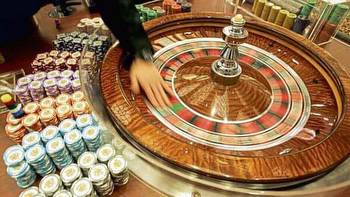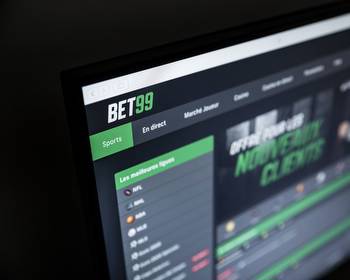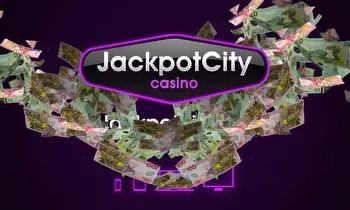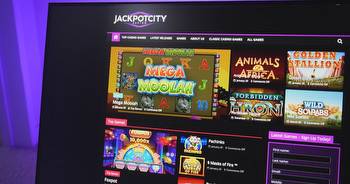‘Illegal’ TV Gambling Adverts Difficult To Address

History isn't on the Department of Internal Affairs' side trying to get broadcasters to stop playing illegal adverts for online gambling
The Department of Internal Affairs has come out strong against gambling advertisements being played by major broadcasters – but it has failed to enforce this interpretation before.
TV channels and radio stations operated by TVNZ, Three, NZME and MediaWorks have all broadcast ads for Jackpotcity.net, a free-to-play website in the style of an online casino – but if you search for Jackpotcity, the results are dominated by traditional offshore online casinos, unregulated in New Zealand.
Some broadcasters, such as Three, only play the adverts after 9pm, but some others don't appear to be so scrupulous.
Advertising gambling outside of New Zealand is banned under the Gambling Act, but this ‘loophole’ of sorts seems to be enough to satisfy the Commercial Approvals Bureau and Advertising Standards Authority.
The Department of Internal Affairs is, however, unimpressed, with regulatory services general manager John Sneyd saying there were clear close associations between sites such as jackpotcity.net and pay-to-gamble sites.
“The department’s clear view is that advertising these free-to-play sites is likely to (and is in fact intended to) induce people to gamble outside of New Zealand on the closely related gambling sites.
"For this reason, we consider that these advertisements breach the Gambling Act, and we strongly encourage advertisers to voluntarily remove them from their platforms."
The Advertising Standards Authority has dealt with a handful of complaints over JackpotCity and Spin Palace, but has only partially upheld a complaint relating to a billboard, giving a pass to broadcast ads so far.
Why the disparity between the regulators?
Advertising Standards Authority chief executive Hillary Souter said her organisation only assessed compliance with its codes and wasn’t tasked with interpreting the law, acknowledging the overlap. “I would have thought the authority that says they’re illegal should be taking enforcement action.”
The Commercial Approval Bureau similarly works to a set code.
Sneyd, who wouldn’t be drawn on differences between regulators, said the Department of Internal Affairs had requested broadcasters to remove the ads from their platforms and committed to following these complaints up.
A hard enforcement of these requests would require the department taking the relevant broadcaster to court.
It attempted this over a decade ago, taking TV Works, the then owner of Three and C4, to court over ads broadcast around the Asia Pacific Poker Tournament and an associated website, Pokerstars.net, which was a free-to-play gambling site, as opposed to its primarily cash-gambling-oriented .com sibling.
The owner of these businesses also sponsored a poker show on C4.
The court ruled that advertisements for both the tournament and Pokerstars did not constitute advertising gambling, with the judge dismissing the case.
The Department of Internal Affairs successfully appealed that the tournament ads were advertising gambling. Still, the Pokerstars aspect of the decision has sat as precedent for 13 years now, and both the Commercial Approvals Bureau and Advertising Standards Authority referenced it in conversation with Newsroom.
The existence of precedent makes enforcing its interpretation of the Gambling Act an uphill battle, and the advertising loophole would be better addressed through an upcoming, but stalled, review of the Gambling Act, but regardless it’s a fight the Problem Gambling Foundation would like to see the Government take.
The foundation’s chief executive, Andree Froude, said though she knew the Department of Internal Affairs had reached out to media organisations to pull the ads, it was still happening and getting worse.
“With Jackpotcity I mean, I've heard that on the radio. I've heard it on NZME about three or four times.
"It's just really predatory, they're preying on New Zealand because they know we have an unregulated online gambling market here.”



































